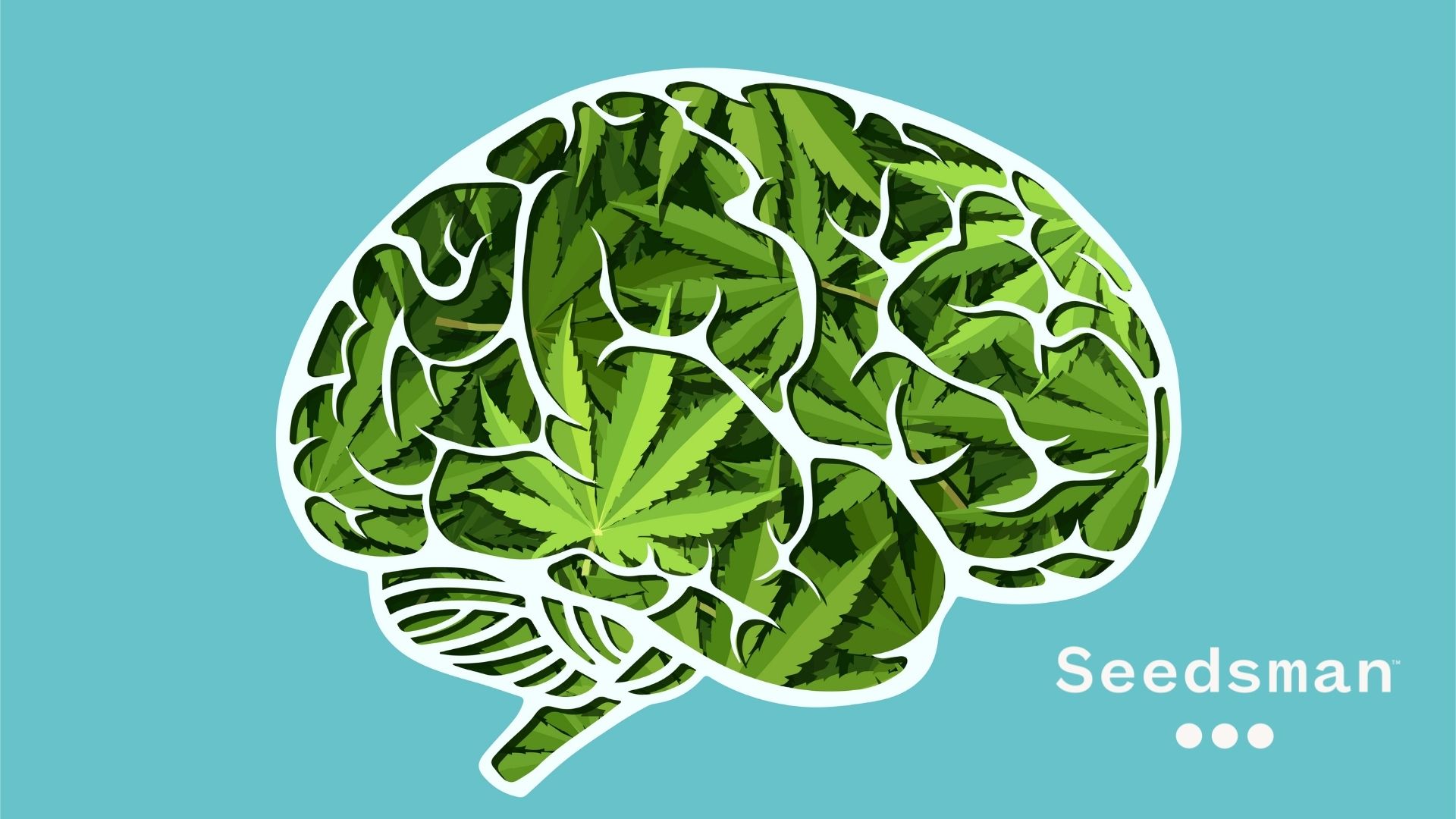
Low Doses Of Cannabinoids May Help Treat Autism
Over the last few years, several encouraging studies have hinted at the potential of cannabis to improve the lives of children with autism spectrum disorder. However, research into this topic still has a long way to go, and many fundamental questions remain unanswered. For example, it is not yet known which combinations of cannabinoids are the most effective at alleviating the core symptoms of autism. However, a new study suggests that high doses may not be necessary.
Which Cannabinoids Are Best For Autism?
Appearing in the Journal of Cannabis Research, the new study presents two years’ worth of data collected at a treatment centre in Turkey. During this period, 33 children with autism received a cannabis extract containing CBD and trace amounts of THC.
Children underwent treatment for an average of 6.5 months, after which 32.2 percent displayed a noticeable decrease in behavioural problems, 22.5 percent began using more expressive language, and 12.9 percent showed signs of improved cognition. An increase in social interactions was reported in 9.6 per cent of children, while just six patients showed no change in their core autism traits after undergoing cannabinoid treatment[i].
While this is just one small study, these results are particularly striking as they were achieved using very low quantities of CBD. The average dose provided was just 0.7 milligrams of extract for every kilogram of body weight, which is considerably lower than the dosages used in previous studies.
For instance, a landmark study from 2019 indicated that 3.8 milligrams of CBD per kilogram of body weight is sufficient to improve behaviour, cognition and communication in autistic children[ii]. Another study used 4.55 milligrams of the cannabinoid per kilogram of body weight, resulting in improved sleep, increased social interactions, reductions in ADHD and fewer seizures[iii].
In yet another study, researchers treated children with an average of 90 milligrams of CBD per day. This high cannabinoid dose significantly impacted autism symptoms such as anxiety, self-harm, attention deficits, and sleep problems[iv].
Comparing their findings to those from prior research, the new study’s authors say that it may be possible to alleviate autism symptoms using relatively small quantities of cannabinoids. More specifically, they state that “using lower doses of CBD and trace THC seems to be promising in managing behavioural problems associated with autism.”
How Do Cannabinoids Treat Autism?
Autism is a complex condition that arises from a combination of genetic and environmental factors. Exactly how these elements contribute to autism spectrum disorder is not fully understood, but several potential mechanisms are likely to be influenced by cannabinoids.
One of these involves serotonin signalling in the brain, while another concerns the GABAergic neurotransmission system. CBD and other cannabis compounds directly influence both of these critical neurotransmitters, pointing towards a possible role for cannabinoids in treating autism.
Several cannabinoids also stimulate the release of oxytocin, which regulates social behaviour, memory and learning, stress and anxiety, and emotional processing. Previous studies have shown that administering oxytocin to individuals with autism can bring about reductions in repetitive behaviours and improvements in social interactions[v].
Unfortunately, research into the use of cannabis and cannabinoids to treat autism symptoms remains somewhat embryonic, and many more studies are needed before any firm conclusions can be drawn. However, the evidence amassed so far is overwhelmingly positive, so it’s well worth keeping an eye on how things develop.
References
- [i] Bilge S, Ekici B. CBD-enriched cannabis for autism spectrum disorder: an experience of a single center in Turkey and reviews of the literature. Journal of cannabis research. 2021 Dec;3(1):1-1. – https://jcannabisresearch.biomedcentral.com/articles/10.1186/s42238-021-00108-7
- [ii] Aran A, Cassuto H, Lubotzky A, Wattad N, Hazan E. Brief report: cannabidiol-rich cannabis in children with autism spectrum disorder and severe behavioral problems—a retrospective feasibility study. Journal of Autism and Developmental Disorders. 2019 Mar;49(3):1284-8. – https://link.springer.com/article/10.1007/s10803-018-3808-2?link_id=17&error=cookies_not_supported&code=ef20a2fd-5ebb-4f4b-9425-79e8167adbc1
- [iii] Fleury-Teixeira P, Caixeta FV, Ramires da Silva LC, Brasil-Neto JP, Malcher-Lopes R. Effects of CBD-enriched cannabis sativa extract on autism spectrum disorder symptoms: an observational study of 18 participants undergoing compassionate use. Frontiers in neurology. 2019:1145. – https://www.frontiersin.org/articles/10.3389/fneur.2019.01145/full?fbclid=IwAR1JxwIrBejlcXn0CGr24X_YRUBKlH8dlIybGvdU13upzW-opGoNw1_rmks
- [iv] Barchel D, Stolar O, De-Haan T, Ziv-Baran T, Saban N, Fuchs DO, Koren G, Berkovitch M. Oral cannabidiol use in children with autism spectrum disorder to treat related symptoms and co-morbidities. Frontiers in pharmacology. 2019 Jan 9;9:1521. – https://www.frontiersin.org/articles/10.3389/fphar.2018.01521/full
- [v] Wei D, Lee D, Cox CD, Karsten CA, Peñagarikano O, Geschwind DH, Gall CM, Piomelli D. Endocannabinoid signaling mediates oxytocin-driven social reward. Proceedings of the National Academy of Sciences. 2015 Nov 10;112(45):14084-9. – https://www.pnas.org/doi/abs/10.1073/pnas.1509795112
Cultivation information, and media is given for those of our clients who live in countries where cannabis cultivation is decriminalised or legal, or to those that operate within a licensed model. We encourage all readers to be aware of their local laws and to ensure they do not break them.
Source link












